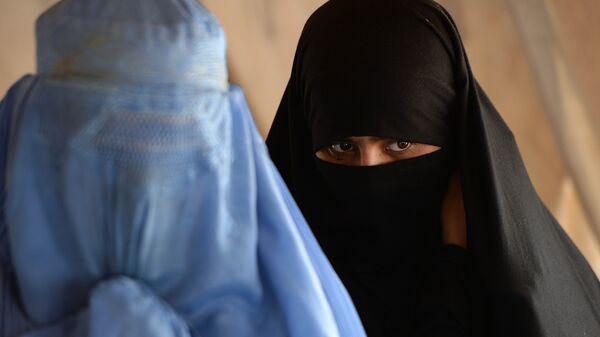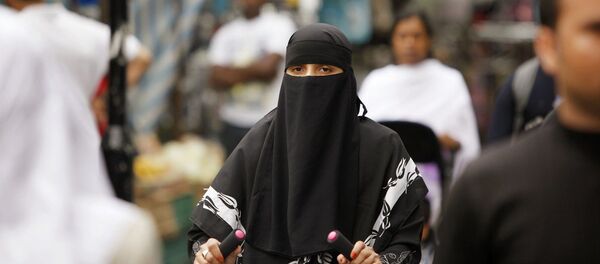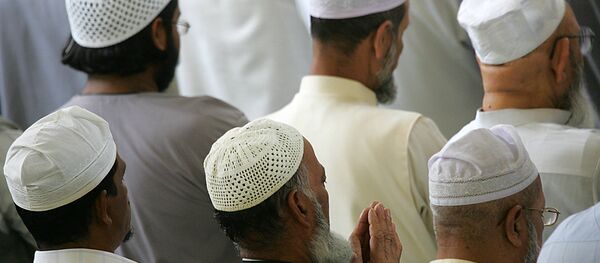"No one could possibly convince me that anyone would wear such a garment of their own accord," Berth noted.
According to him, burkas represent female oppression, but can also be used as a disguise for suicide bombers. "It is only a matter of time before similar incidents occur in Europe. The only reason it has not happened yet is that burkas still attract attention here."
Back in 2009, Copenhagen University estimated 100-200 Danish women were wearing a burka on a regular basis in the so-called "Burka report." According to Berth, this figure has risen greatly since then, which undermines public security by making it difficult to identify potential terrorists.
"I think this is the right thing to do, and it is good there is at least someone who is following in France's footsteps," Berth told Metroxpress.
It’s not a fashion statement! Germany considering new security measures including ban #burqa https://t.co/SoIyDuiUTf pic.twitter.com/hY2uNzBZvF
— Defund NPR PBS & NEA (@Jarjarbug) August 11, 2016
In September 2010, France became the first country in Europe to outlaw Muslim face veils and other face-covering headgear in public places. Belgium and the Netherlands took the cue from their southern neighbor and followed suit soon thereafter.
The Danish People's Party had already pushed for burka bans three times, in 2004, 2009 and 2014, but without any success.
From elegant, on the left, to downright menacing, on the right.#Hijab to #Burka pic.twitter.com/UbytbDJKfa
— Freyr Baldr (@FreyrBaldr) August 12, 2016
Despite being a topical issue in many European countries, the burka ban is only the tip of the iceberg for the Danish People's Party.
"These are old texts that do not relate to the challenges we face today. And it's high time we did something about them. <…> In case anyone wonders how this is going to work or whether the law stands in the way: we are politicians, we make laws," Dahl said, according to Swedish national broadcaster SVT.
According to this initiative, a number of major conventions are endangered, including the UN Refugee Convention, the European Convention on Human Rights and the UN Convention on Stateless Persons.





